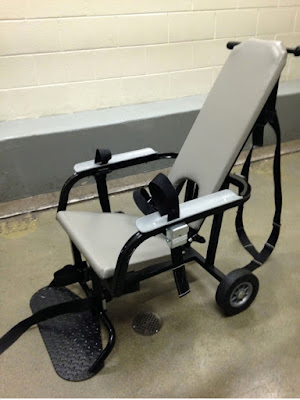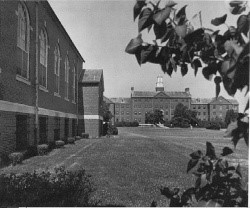Though in some circles I am Dr. / Professor Barrett, with a Ph.D., there are other contexts where I hold highly stigmatized statuses. In a medical context, I am a person with psychiatric disability, and even more stigmatized, I am a person who has lyme disease...also known as a "lyme loonie." Because of my life experience, I feel deeply about our history, the lives of people with MI, and the origins of recovery movement within psychiatric rehabilitation. I teach because I think it is important to expose providers to a different way of thinking, or a perspective they may not have considered. No approach or theoretical orientation will apply in every situation (e.g., therapeutic use of hallucinations), but as a person who has skin in this psychiatric game, I also feel strongly that some approaches are more consistent with recovery than others. When I am symptomatic, I want someone to listen and validate my experience. I want to feel emotionally safe. ...

